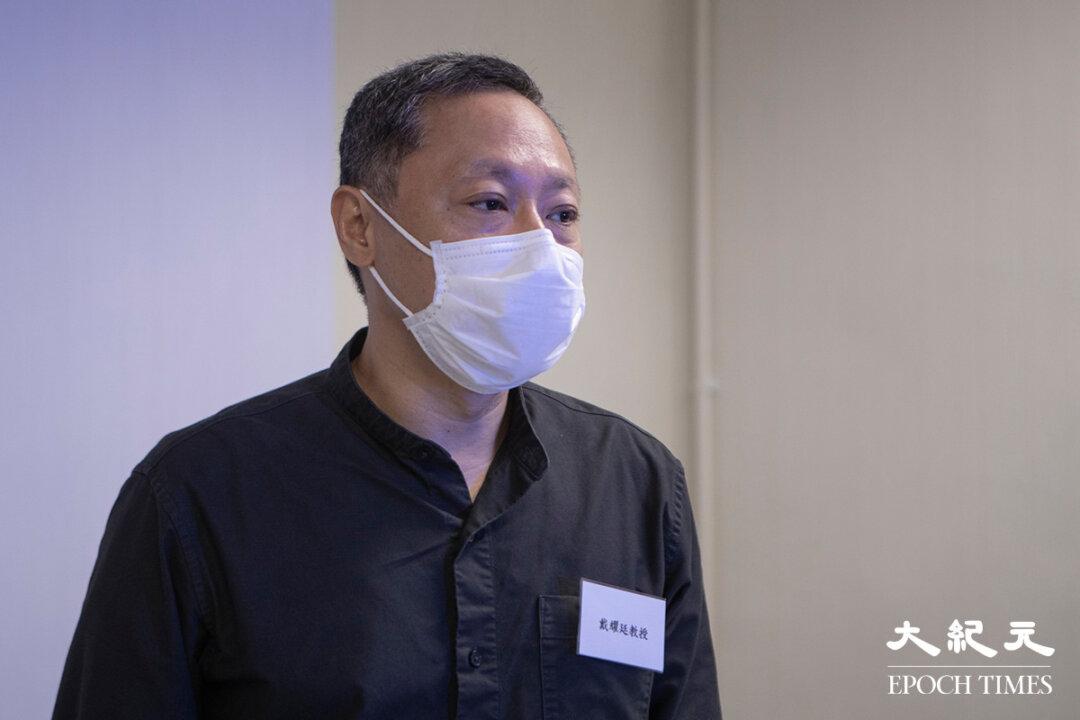Hong Kong’s District Court will sentence Benny Tai Yiu-ting, a renowned scholar in Hong Kong, on four charges of violating the election ordinance after he placed an advertisement calling on the public to “vote strategically” against political manipulation in the 2016 Legal Council election.
Tai Yiu-ting pleaded guilty on April 25 in the District Court. The verdict will be postponed to May 24, according to Independent Commission Against Corruption (ICAC.)





